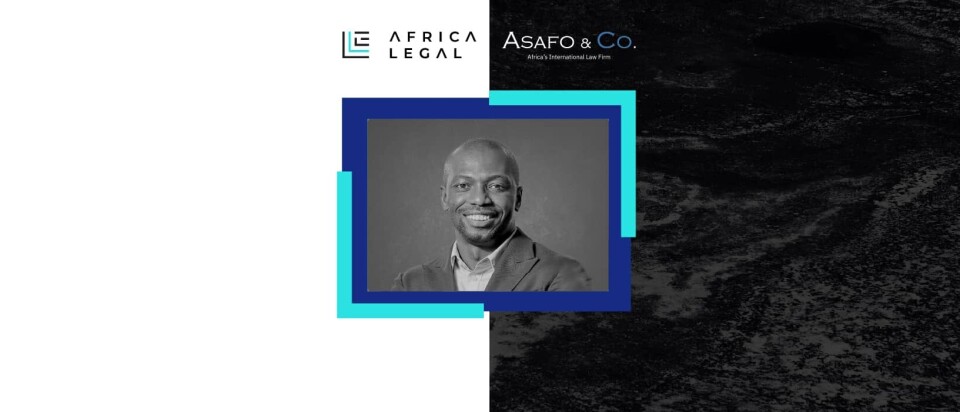Copyright : Re-publication of this article is authorised only in the following circumstances; the writer and Africa Legal are both recognised as the author and the website address www.africa-legal.com and original article link are back linked. Re-publication without both must be preauthorised by contacting editor@africa-legal.com
Financing the Future with Ricardo Bernard

Venture capital and finance expert Ricardo Bernard recently spoke to Craig Sisterson about the future of African fintech.
While 2021 was a record-breaking year for African startups, we’re still at a very early stage in the lifecycle of fintech investment in Africa, and as the sector evolves, funds will continue to come in, says Ricardo Bernard, a New York- qualified lawyer at the Africa-focused international firm Asafo & Co.
“I think what we may see going forward is larger deals,” commented Bernard. He pinpointed Stripe acquiring Paystack, a Nigerian startup, for $250 million last year, and how the participation of African startups in Silicon Valley seed funder Y Combinator has grown from “one or two” a few years ago, to “about thirty” this year. A quarter of the global startups at Y Combinator were focused on fintech.
“The fact that we're still doing venture capital deals, primarily, is an indication that we're still very early in the lifecycle,” he added, “because what will happen after the venture capital phase is a bit of consolidation in the market as new products come online.”
Bernard and Jude Kearney, a former Clinton Administration chief advisor on African policies, established Asafo & Co’s Washington DC office during the pandemic, as “a very important strategic pillar”.
“If you look at the African fintech space, the vast majority of funds are now flowing in from venture capital funds based in the US,” Bernard said. “And many of the companies receiving investment, while operating in Africa, are registered as Delaware C Corps. As a New York-qualified lawyer, I understand the US law implications of those investments.”
As experts in African and US law, Bernard – who also practised and lived in Kenya and the Ivory Coast for several years – and Kearney can help investors navigate whatever regulatory or commercial issues they may face. It is also important, particularly in areas such as fintech, says Bernard, that “the modern lawyer” knows and interacts with technology themselves.
“I think our job is not just to give regulatory advice and review legal documents,” he says. “It's actually to know the technology, know the industry, and know where things are going so that we can leverage that knowledge for the benefit of our clients.”
Bernard believes that nowadays lawyers must be more than what they went to law school to do. He notes that when he was studying, fintech was Paypal, or using your credit card online. Nowadays almost all financial transactions require technology. New products, services, and issues are rapidly arising, for example cryptocurrency and how that should be regulated.
Asafo & Co stays ahead by being active with their clients, understanding their business, and having multi-jurisdictional, cross-sectoral teams. The partners include lawyers who’ve worked for regulators and in venture capital for decades.
“I think that’s why our clients come to us, not for answers that are easy to find, but for questions for which the answer is perhaps not clear,” he explained. “And we can help them navigate and find the solution that ultimately helps them grow their business.”
To join Africa Legal's mailing list please click here
